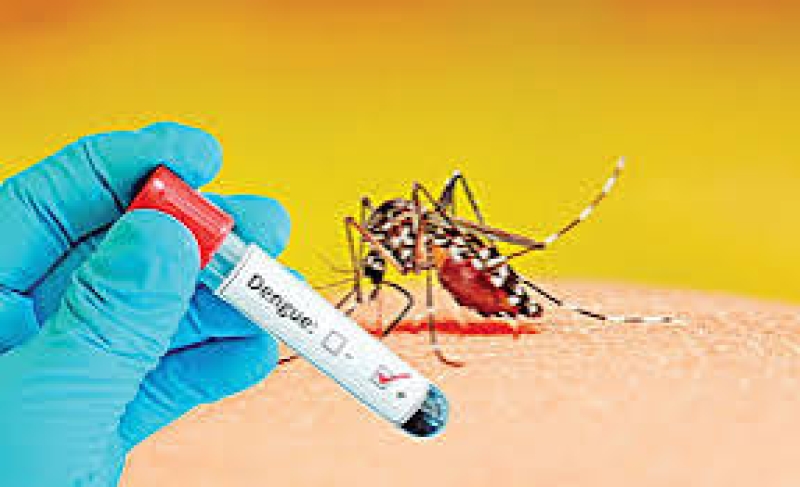- Christmas in Bangladesh Thursday |
- Bangladesh Bars Internet Shutdowns, Restores BTRC Autonomy |
- Tarique Rahman Leaves London for Bangladesh After 17 Years |
- Govt welcomes Tarique Rahman’s return, assures full coop |
- BNP strikes polls deal with 7 more partners, reserves 8 seats |
Experts call for coordinated action to combat dengue epidemic

Experts from various fields emphasized the urgent need for coordinated efforts among all relevant organizations to tackle the escalating dengue crisis in Bangladesh. The call came during a pivotal meeting held at the Dhaka Reporters' Unity, convened by the Save The Environment Movement to mobilize unified action against the spread of the mosquito-borne disease.
Highlighting the severity of the situation, former director of Directorate General of Health Service (DGHS) Dr. Benezir Ahmed, entomologist Dr. Kabirul Bashar from Jahangirnagar University, Health Economist Dr. Rumana Haque of Dhaka University, and General Secretary of Save The Environment Movement Mesbah Uddin Suman underscored the necessity for comprehensive policy-making and concerted action plans.
Dr. Bashar stressed the critical role of community engagement in combating dengue, noting that no single institution could effectively address the menace alone. He urged city dwellers to be vigilant against stagnant water, a prime breeding ground for Aedes mosquitoes, which transmit the disease.
"It is imperative that both city corporations deploy adequate personnel to identify and eradicate mosquito larvae across all households," added Dr. Bashar.
Echoing his sentiments, other speakers emphasized the importance of even the smallest amounts of stagnant water in breeding mosquitoes and spreading the deadly disease.
Executive President of Save The Environment Movement Dr. Lelin Chowdhury delivered a keynote address, revealing alarming statistics: Bangladesh reported nearly three lakh dengue cases last year, marking the highest single-year tally since the disease's detection in 2000. Over the past 23 years, the country has logged a total of 2.5 lakh dengue cases.
Dr. Chowdhury highlighted the sharp rise in infections and fatalities in 2023, compelling urgent action to eliminate dengue breeding grounds and enhance healthcare services nationwide.
The meeting concluded with a unified commitment among stakeholders to prioritize coordinated efforts, underscoring the crucial need for sustained community participation and effective policy implementation to curb the dengue epidemic in Bangladesh.

